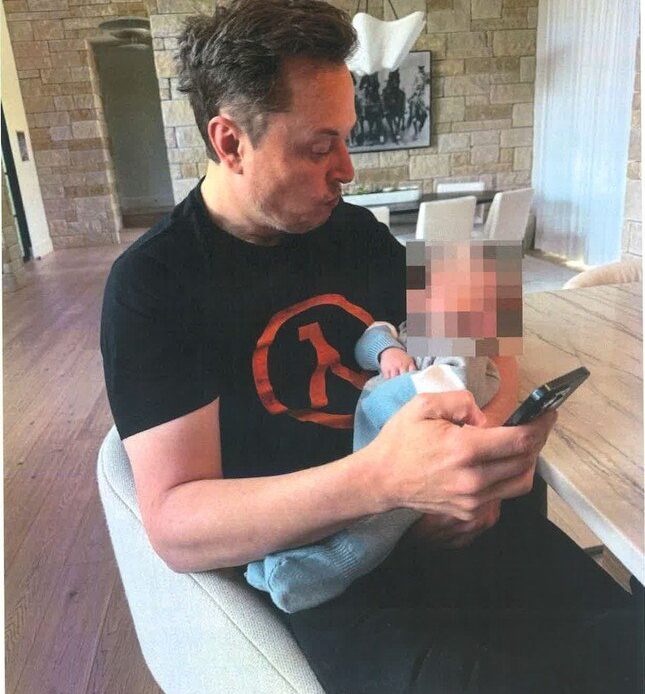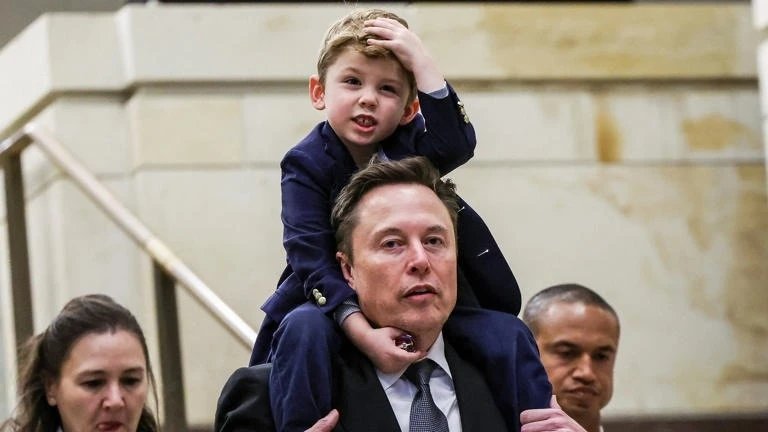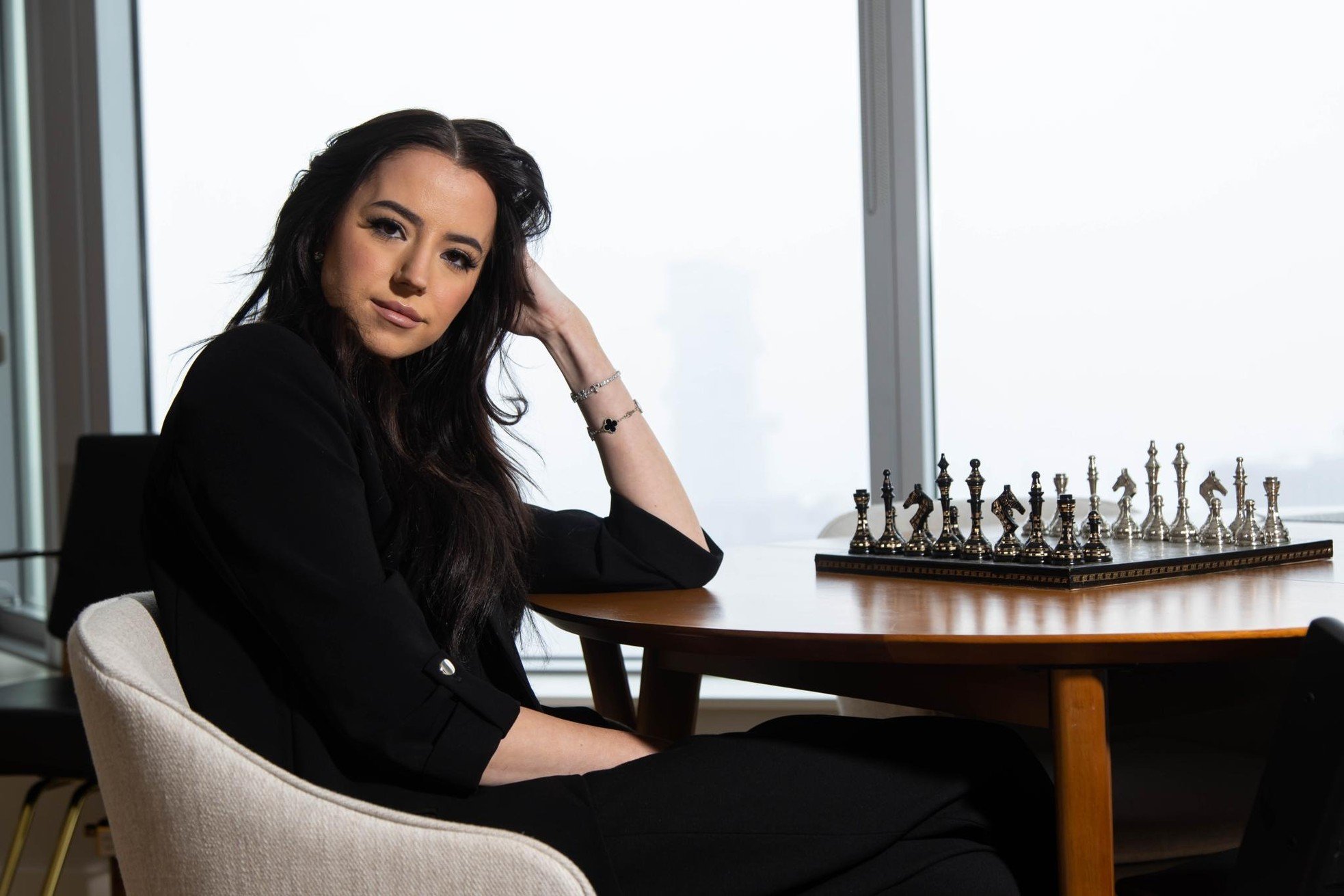
In the ever-expanding universe of Elon Musk’s ventures—from electric cars to Mars colonization—rumors and speculation often swirl like space dust. But a recent revelation involving a secret deal between Elon Musk and a mysterious female writer has ignited a storm of curiosity, suspicion, and intrigue across the tech, media, and political landscapes.
What exactly did this deal involve? Who is the woman at the center of it all? And what does this mean for Musk’s image and influence moving forward? Let’s explore the full story behind the clandestine agreement that no one saw coming.
## A Meeting Shrouded in Mystery

It all began with a leaked email thread obtained by a high-profile investigative journalist. The emails hinted at private meetings between Elon Musk and a previously unknown female author whose work had been quietly making waves in underground literary circles. The meetings took place under tight security—no phones, no staff, and no digital footprints.
Sources claim the pair met multiple times over the course of eight months, always in undisclosed locations. The content of these meetings was never documented, leading to speculation ranging from harmless collaboration to covert propaganda efforts.
But what brought the two together in the first place?
## Who Is the Woman Behind the Pen?
According to insiders, the woman in question is Isabel Ryden, a reclusive but sharp-witted novelist who had recently published a controversial manuscript titled _The Singularity Paradox_. The book, though fictional, eerily predicted technological manipulation at the highest levels of government and corporations, drawing uncomfortable parallels to Musk’s own ventures in AI, space, and biotech.
Many believe Musk read the novel and became obsessed—not just with its content, but with the mind behind it. Ryden’s writing, according to Musk’s inner circle, “spoke to him in a way few other things have.”
Was it admiration? Inspiration? Or a calculated move to bring her ideas under his control?
## A Deal Written in Silence

What we do know is that a confidential agreement was allegedly signed between Musk and Ryden. The terms remain undisclosed, but several credible sources point toward a joint intellectual property exchange, wherein Ryden would ghostwrite a philosophical memoir for Musk, while Musk would fund the cinematic adaptation of _The Singularity Paradox_—with full creative control retained by Ryden.
This kind of deal is unprecedented in the tech world. Musk, known for micromanaging every aspect of his ventures, handing over creative control? That raised eyebrows. But Ryden, it seems, was no ordinary partner.
The Memoir That Never Was
One element of the secret deal involved a memoir that Musk had been teasing for years—an introspective, disruptive work that would redefine leadership and ambition in the 21st century. The project was shelved without explanation shortly after news of the deal broke.
Now, documents suggest Ryden had nearly finished the manuscript, weaving Musk’s story through a lens of vulnerability, power, and existential questioning. But when leaks began surfacing, the project vanished overnight.
Some insiders suggest that Musk became “deeply uncomfortable” with how he was portrayed—too human, too fragile, too exposed.
## The Underlying Motive: Control or Collaboration?

Critics argue that Musk’s intentions weren’t purely literary. With Ryden gaining traction as a bold new voice in speculative fiction and political theory, Musk may have seen her as a threat. By bringing her under his wing, he could control the narrative—or at least steer it in a direction favorable to his public persona.
Supporters, however, insist the deal was mutual and built on shared intellectual passion. “They weren’t adversaries,” one anonymous friend said. “They were explorers of the same cosmic questions—just through different mediums.”
Regardless of the motive, the secret collaboration raises deeper questions about influence, freedom of expression, and the increasingly blurred lines between tech and art.
## Tech and Literature: An Unlikely Fusion
In many ways, the Musk-Ryden relationship symbolizes a broader cultural shift: the fusion of technology and storytelling. As AI-generated content floods the digital landscape, authentic voices like Ryden’s become rare and powerful. Musk, ever the futurist, may have recognized this and acted accordingly.
It’s not the first time Silicon Valley has flirted with literature. But rarely does such a high-profile figure enter into a quiet, contractual relationship with an underground author. This wasn’t PR. It wasn’t marketing. It was something much more strategic—and perhaps, more dangerous.
## Fallout From the Exposure
Once the alleged deal was exposed by a whistleblower, reactions were swift and polarized. Investors feared a PR backlash. Authors worried about artistic autonomy. And conspiracy theorists speculated wildly—from hidden AI agendas to secret government collaborations involving Musk and Ryden.
Meanwhile, Ryden disappeared from the public eye. Her website went offline. Her social media accounts were deactivated. Some say she was paid for silence. Others claim she went underground voluntarily.
## The Bigger Picture: Narrative Control in the Age of Power

At its core, this story is not just about a secret deal. It’s about the control of narrative in the age of information overload. Elon Musk has long been a master of shaping public perception—be it through Twitter, bold claims, or meme-worthy antics. Partnering with a writer like Ryden could represent his next frontier: psychological storytelling as a tool of soft power.
As society grows more skeptical of traditional media and more reliant on tech billionaires for information, those who can tell the story—and those who can fund it—wield unimaginable influence.
## Public Reaction: Divided But Engaged
The internet has not remained silent. Forums, blogs, podcasts, and Twitter threads have exploded with theories. Some laud Musk for supporting literary innovation. Others accuse him of silencing dissent under the guise of collaboration. Ryden, once a fringe figure, has become a cult icon for free thinkers and anti-censorship advocates.
Bookstores have reported a surge in demand for _The Singularity Paradox_. Bootleg PDFs have spread across Reddit. Ironically, the secret deal that was meant to quiet a voice may have amplified it louder than ever.
## What Happens Next?
Where this story goes now is anyone’s guess. Will Ryden re-emerge with her side of the story? Will Musk ever publish the elusive memoir? Or was the entire episode a strategic distraction from larger issues looming in his empire—such as AI regulation, defense contracts, or political aspirations?
One thing’s for sure: the deal between Elon Musk and Isabel Ryden has left a lasting impact. Whether it was a cautionary tale, a failed experiment, or a moment of genius depends on who tells the story—and who’s allowed to.
## Conclusion: When Visionaries Collide
The secret deal between Elon Musk and the female writer is more than a bizarre footnote in tech history. It’s a revealing glimpse into how ideas, influence, and identity are traded behind closed doors. In an age where data is power and stories shape societies, the union of a billionaire innovator and a literary visionary could mark the beginning of a new era—or the end of an old one.
As the dust settles, we’re left with only fragments—emails, rumors, an unpublished manuscript, and a cryptic tweet. But perhaps that’s the point.



